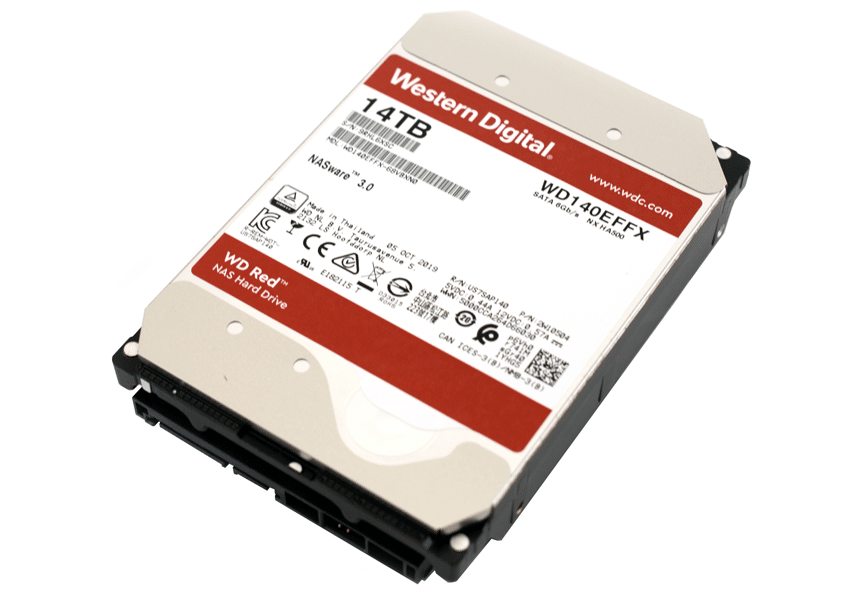As we mention on our last podcast, several users were frustrated to find that WD Red NAS drives they purchased were SMR when they thought they were CMR. SMR is a technology that can introduce more capacity onto a platter, as well as introduces performance differences, particularly in writes. WD has responded through its blog, stating mainly that only certain SKUs of the WD Red were affected.

Most of the time, when you buy a hard drive, and you have some knowledge of how they work, you go in with a good idea what to expect. If you are buying one for a NAS, home or otherwise, you most likely have a bit more knowledge than the average shopper buying an HDD. WD Red NAS HDDs have been a go to drive for NAS devices for some time. We’ve done several reviews of them over the years and they tend to perform quite well. So, it came as a surprise over the last little bit when users went to rebuild their RAID and had a failure that resulted in loss of data. The main point being that no one was aware that the technology being leveraged was SMR not CMR.
After a vocal uprising by tech enthusiasts towards WD, and a few other vendors for perhaps the same reason, the company issued a response. The response centers around the marketing of the products not clearly spelling out the technology used. The technology for each type of drive is laid out below:
| WD Red | WD Red Pro | WD Blue | WD Black | WD Purple | ||
| 3.5″ | 1TB or below | CMR | CMR | CMR | CMR | CMR |
| 2TB – 6TB | SMR | CMR | SMR / CMR | CMR | CMR | |
| 8TB & above | CMR | CMR | – | – | CMR | |
| 2.5″ | 500GB or below | – | – | CMR | CMR | – |
| 1TB | CMR | – | SMR | SMR | – | |
| 2TB | – | – | SMR | – | – | |
WD responded tactfully to the concerns of its customers that are having issues but some users see it as a milquetoast response at best. Ultimately, it is a buyer beware situation. Vendors will use the technology they have on hand to make the product more attractive, be it SMR in hard drives or QLC NAND in certain SSDs to pump up the capacity, or something new. While some explicitly state what they are using, others will slide by with only revealing what they have to.




 Amazon
Amazon